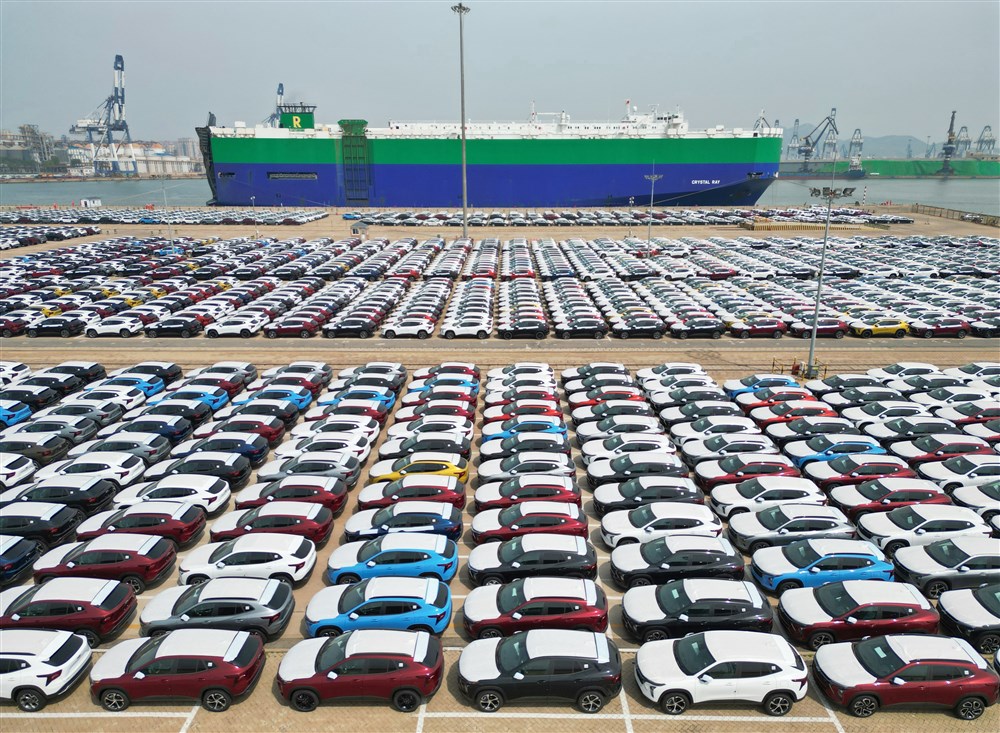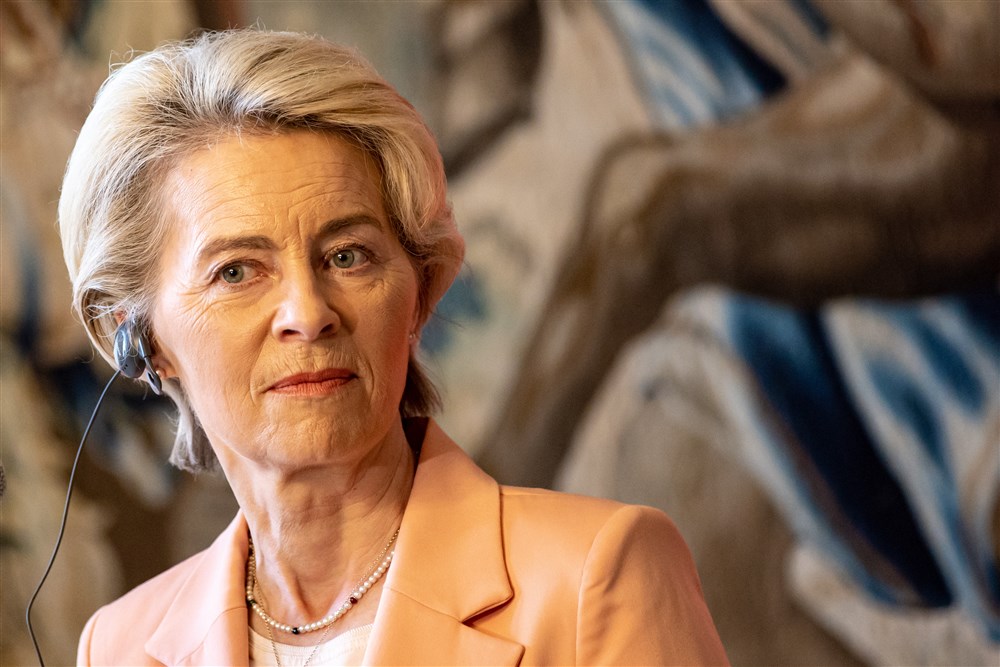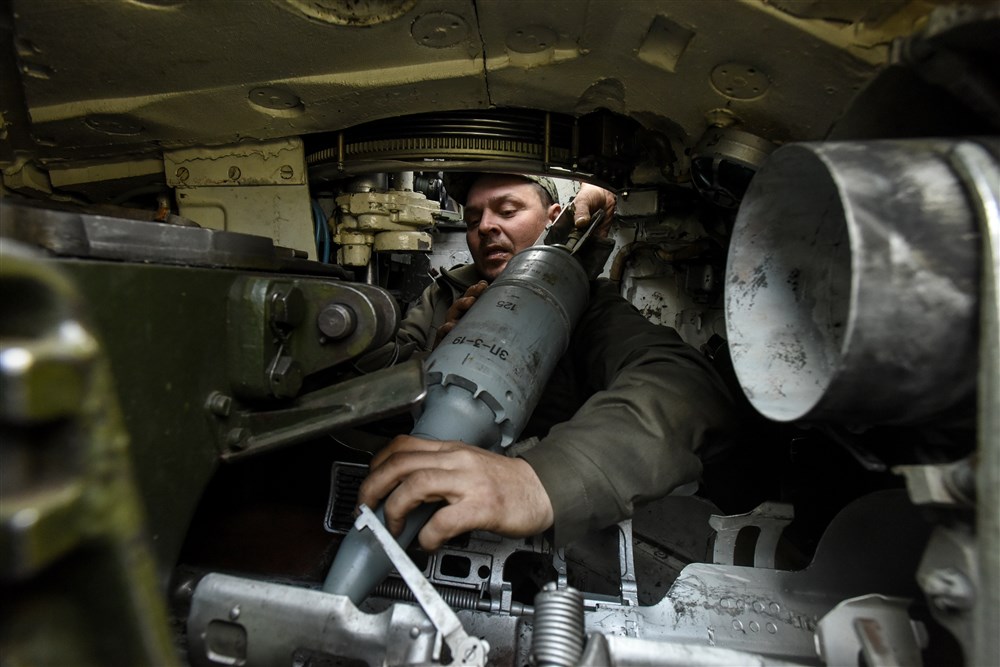Body language can be just as important as words or even deeds in Brussels, and EU-watchers have been combing through the gestures made by leaders who attended the February 9 summit.
Did Hungarian Prime Minister Viktor Orban elect not to applaud Ukrainian president Volodymyr Zelenskyy? Just how offended was Italian Premier Giorgia Meloni by the cold shoulder received from French President Emmanuel Macron? Do European Commission president Ursula von der Leyen and Council president Charles Michel still hate each other?
To capture the direction of EU policy you have to read the runes. Few leaders will dare say publicly what they truly believe.
From the written summit conclusions, on the other hand, we can clearly see that there was unanimous support on at least one point: the coming crackdown on “irregular departures”, a euphemism for illegal immigrants.
The EU will now “leverage all relevant EU policies, instruments and tools” to discourage migrants and force non-EU countries to take back those who do make the dangerous trip across the Mediterranean Sea. This will include “diplomacy, development, trade and visas”, which means that the EU’s partners will be hit where it hurts if they do not comply.
The text is dotted with words such as “urgent”, “rapid” and “quick”, a reflection of the subject’s priority. Leaders want to “immediately mobilise substantial EU funds” so that Member States can “reinforce border protection capabilities and infrastructure” – a coded reference to money for border fences.
While there are also references to “compliance with international law” and the “protection of fundamental rights”, it is clear that the summit was a victory for the countries, led by Austria, who arrived in Brussels seeking a tough response.
On other topics, the summit conclusions are less clear. The EU’s national governments have been at odds over how to react to massive US subsidies, with some calling for a similar EU wave, while others claim public cash injections are not the answer. The conclusions reflect this contradiction. The EU will “strengthen its strategic sovereignty” they state, while at the same time calling for “a level playing field both internally and globally”. The European Commission call for a “Sovereignty Fund” – cash that it can dole out to smaller EU Member States – did not receive enthusiastic backing. Summit leaders merely “noted” the idea.
On Ukraine, the leaders of the EU institutions were keen to shower visiting President Zelenskyy with support. There is now an EU “Military Assistance Mission”, which will train “an initial 30,000 soldiers in 2023”, though the big questions – such as the possible delivery of fighter aircraft – are outside the remit of Brussels. National governments will decide.
On EU membership, President Zelenskyy’s might have returned to Kyiv disappointed. There was agreement that accession talks should begin “as soon as possible” and leaders reiterated that Ukraine’s future “lies within the European Union”. But President Zelenskyy’s call for accession talks to begin this year were simply met with smiles.





Do personalities make EU politics?